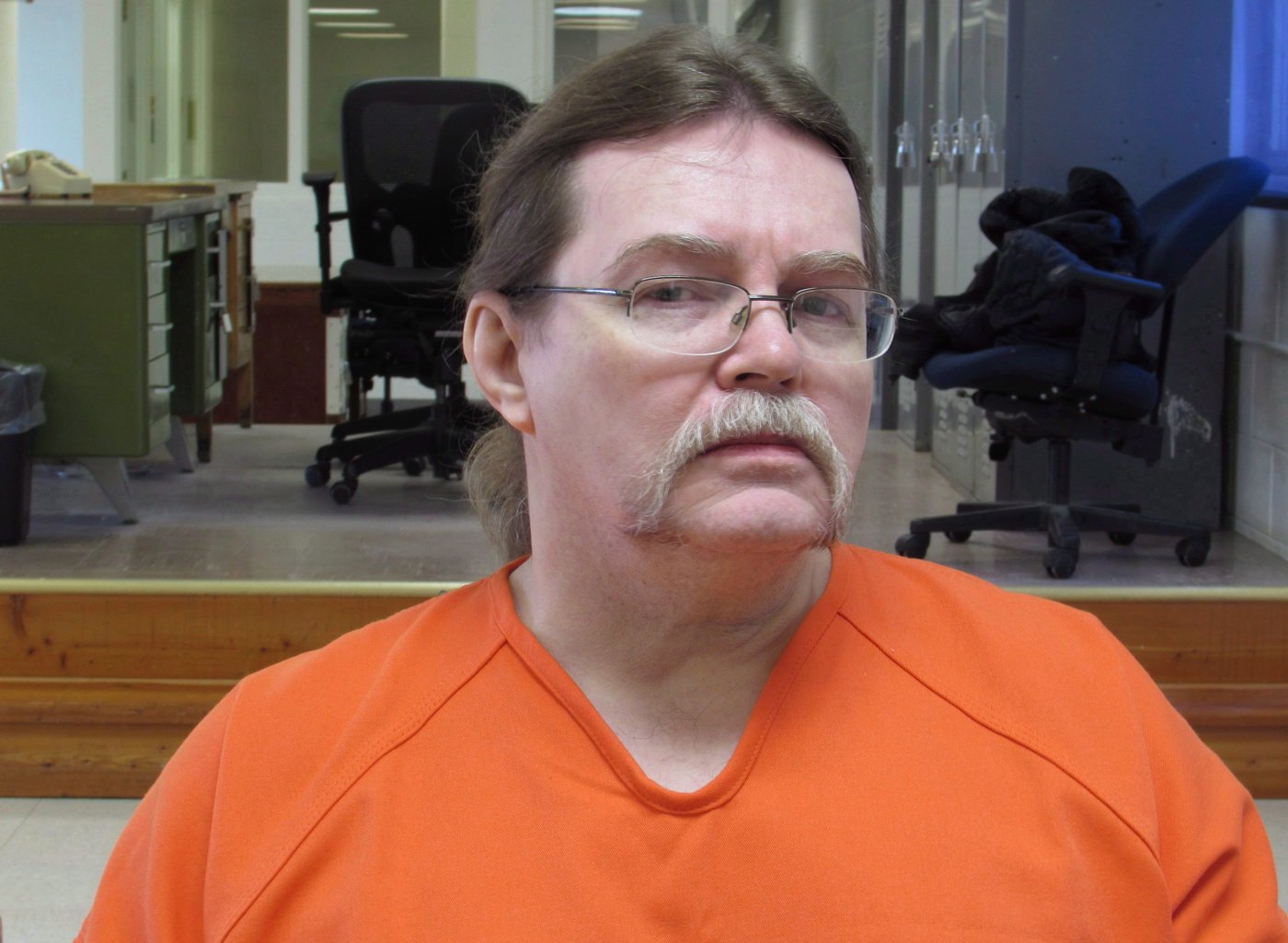Canada
Death row Canadian waits as Montana looks at resuming executions

CALGARY — The fate of a Canadian who has been on death row in Montana for the past 42 years has been thrown into more uncertainty as state legislators try again to remove obstacles to resuming executions.
Ronald Smith, 67, is originally from Red Deer, Alta., and has been on death row since 1983, a year after he and another man, high on LSD and alcohol, shot and killed two young Indigenous cousins near East Glacier, Mont.
Time moves slowly at Montana State Prison in Deer Lodge, Mont. where Smith has been described as a model prisoner for four decades. But almost like clockwork every two years, another attempt to allow the state to resume executions begins in the Montana legislature.
All executions have been stayed in Montana since 2015 because the state requires the use of an “ultra-fast-acting barbiturate” that is no longer available.
U.S. District Judge Jeffrey Sherlock ruled that pentobarbital — the drug the state was planning to use — didn’t qualify as “ultra-fast-acting” and blocked the state from using it. There hasn’t been an execution in Montana since 2006.
But a new bill, sponsored by Republican Rep. Shannon Maness, would remove the “ultra-fast-acting” language and instead allow the state to use “an intravenous injection of a substance or substances in a lethal quantity sufficient to cause death.”
Maness did not respond to a request for an interview.
Alex Rate, legal director of the American Civil Liberties Union, said the proposed legislation is frustrating.
“They’re going to keep trying and do everything they can to dehumanize people and put people to death, so here we are again. What they’re trying to do is loosen the requirements regarding which substances can be used for lethal injection,” said Rate.
Rate said pentobarbital is still not available and administering something like antifreeze, rat poison or cyanide in a sufficient quantity to cause death is the definition of cruel and unusual punishment.
“I testified in the committee of the House Judiciary Committee and reminded them if they wanted to see the death penalty be rendered unconstitutional, adopting a bill like this would be the right way to do it because it permits just about any substance to be used.”
Going back almost 20 years, bills both to reinstate executions and abolish the death penalty have come close to passing, but have ultimately failed.
Rate said, this time, he’s worried.
“We are living in a new sort of world order here in Montana where the executive and legislative branches of government are dominated by one ideology and the death penalty fits neatly within that ideology,” he said.
“I feel like everybody is marching to the same playbook.”
Smith’s longtime lawyer, Greg Jackson, didn’t expect this issue to arise again so soon.
“This was kind of a shot out of the blue after the last many sessions we’ve had in the legislature where things went untampered with, so to speak,” he said.
“After this many years it is frustrating. This appears to be a bill, that at least on the face of it, attempts to modify a protocol that they could utilize.”
In an interview in 2021, after a similar bill was defeated, Smith was far from ecstatic.
“A lot of people look at it and say, ‘Well at least you’re alive,’ but I’m really not. I’m just sitting around like a bump on a log is all I’m doing, and after almost 40 years of this, anything is preferable,” Smith told The Canadian Press.
“I’ve hit that point where I’ve done enough of this. If they’re (legislators) not going to cut me a break, then go ahead and do away with me.”
Jackson said his client’s mood has since improved after he was granted more digital access to his family.
“It’s something that really has made life behind bars in the U.S., away from his family, at least more tolerable.”
Smith and Rodney Munro admitted to marching Harvey Mad Man, 23, and Thomas Running Rabbit, 20, into the woods by a highway. They shot each man in the head with a sawed-off .22-calibre rifle.
Smith was initially offered a plea deal that would have taken the death penalty off the table, but he rejected it. He pleaded guilty and asked to be put to death but later changed his mind. He has had five execution dates set over the years. Each has been overturned.
Munro took the plea bargain, was eventually transferred to a prison in Canada and has been free since 1998.
Rate said even if the new legislation passes, the matter is far from over.
“There’s all sorts of procedural protections and constitutional requirements that accompany putting anybody to death,” he said.
“Even assuming that the state is able to jump over those hurdles, they would have to acquire a substance that they could use and then no doubt they will be sued.”
This report by The Canadian Press was first published Feb. 2, 2025.
Bill Graveland, The Canadian Press
